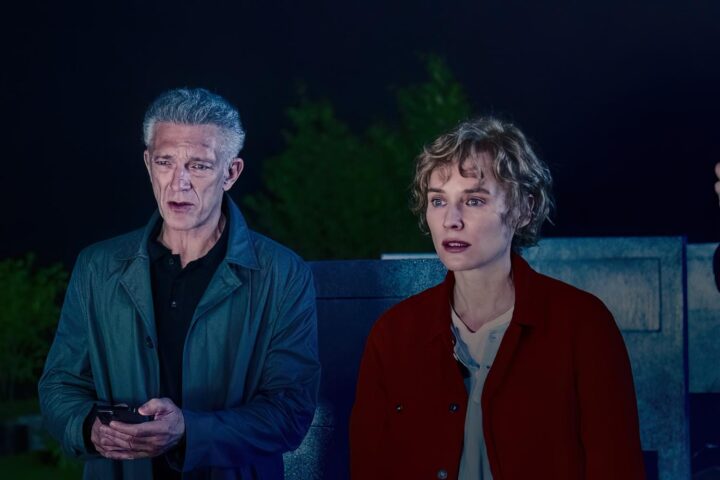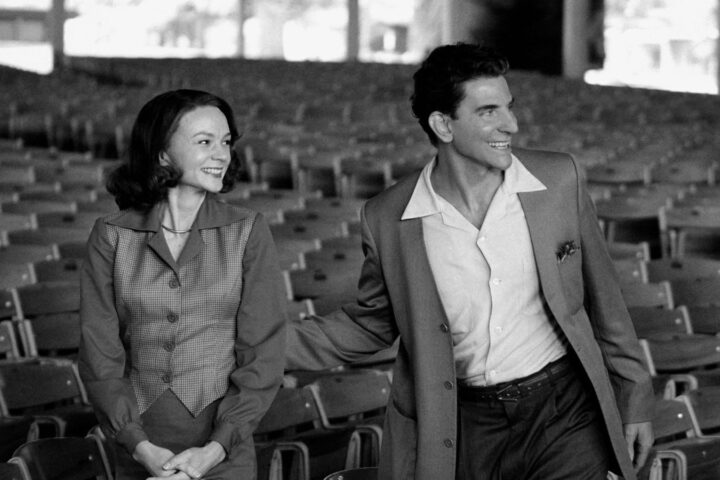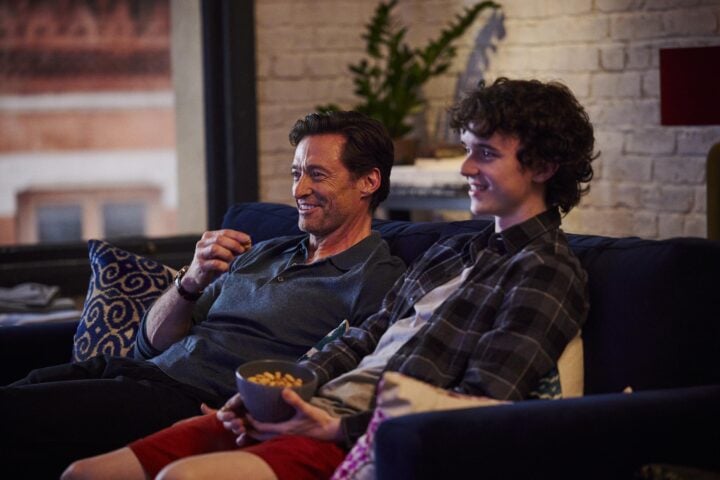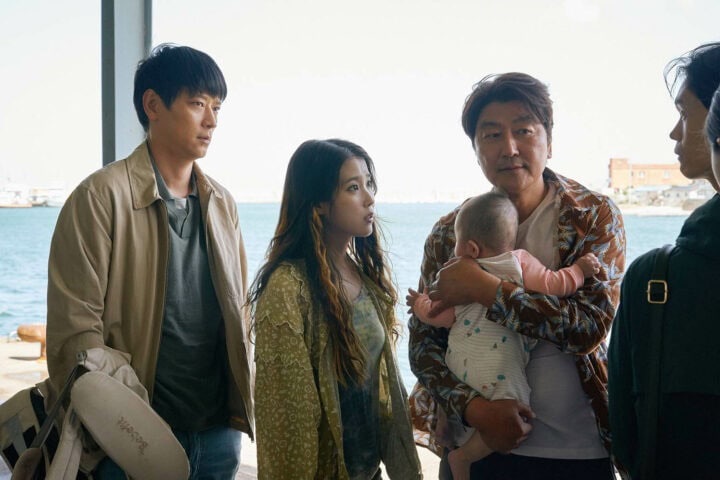Grief may be its starting point, but the film has much more on its mind than that.
The level of detail with which the filmmakers depict the unionization process is eye-opening.
Ross’s remarkable film fashions mesmerizing, affecting poetry out of Whitehead’s prose.
To a considerable extent, Ritchie appropriates Henry Cavill’s effortless sleekness as his own.
The extras further attest to Nan Goldin’s commitment to intertwining the personal and political.
This is no ordinary concert film, beginning with there being no audience.
Baker’s spare dialogue style remains intact, with each line revealing of character and mood.
Throughout Maestro, Bradley Cooper mostly relegates Bernstein’s art to the sidelines.
The A/V presentation makes this a worthy addition to any Bowie fan’s home video collection.
Living has the feel of a film afraid to fully step out of its predecessor’s giant shadow.
All the Beauty and the Bloodshed shows the intrepid Laura Poitras pushing into new emotional terrain.
The Woman King doesn’t exactly offer anything subversive when it comes to its view of warfare.
Hugh Jackman imbues The Son with a tragic power that makes even Florian Zeller’s most manipulative excesses easier to tolerate.
In the film, the power of the movies is an afterthought to more romantic and socially oriented concerns.
The climax has a certain primally cathartic power, but it doesn’t quite dispel the air of self-satisfaction that envelops the script.
The Fabelmans is a provocative investigation of the cinematic medium from one of its great masters.
Even when it edges toward sentimentality, Broker is redeemed by Kore-eda Hirokazu’s customarily bracing humanism.
Bros is ultimately let down by its pat perspectives on modern romance and social justice.
For better and worse, writer-director Sarah Polley’s adaptation of Women Talking is most noteworthy for its imagery.
Throughout, Brett Morgen is less interested in factual biography than in eliciting a sense of the man as an artist and personality.











